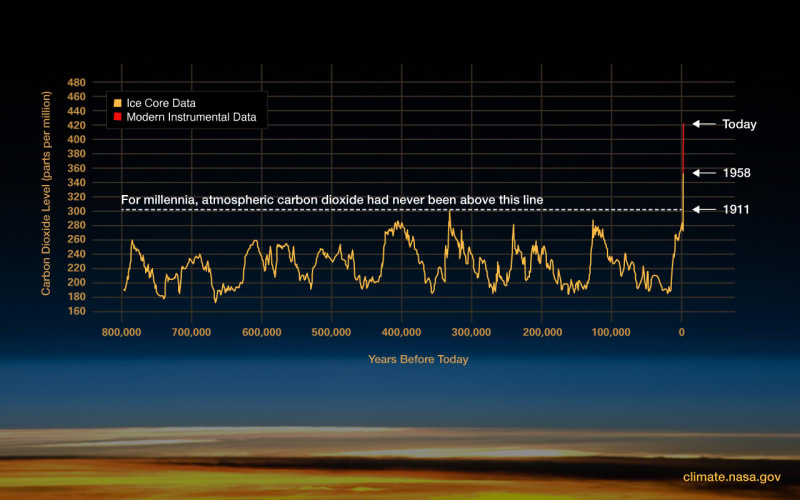Reverse_Bias
Electrical
This is one of the few instances of a city with lots of fancy high rise buildings taking a direct hit from a catagory 5 hurricane. Almost every inhabitable structure in and around Acapulco looks gutted. No doubt this is going to take years to get it back to its pre storm status.
Hurricane Otis was predicted to be a tropical storm at landfall the day before, so it also represents a modern weather forecasting being pushed beyond its limits.
Hurricane Otis was predicted to be a tropical storm at landfall the day before, so it also represents a modern weather forecasting being pushed beyond its limits.

